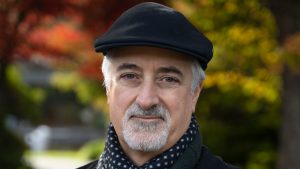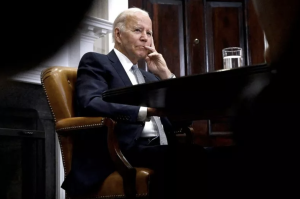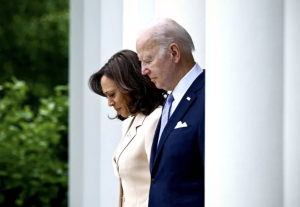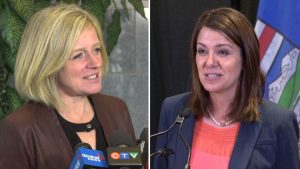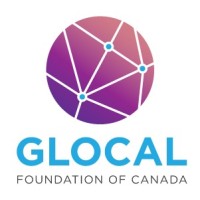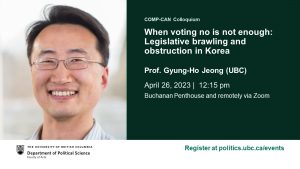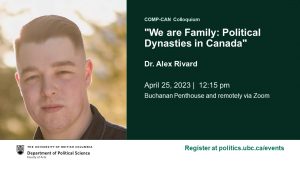OP-ED: Prof. Max Cameron on the need to strengthen Canadian democracy
Professor Cameron says British Columbians are worried about the state of democracy at all levels of government. Prominent threats to democracy include “fake news,” racism and discrimination, low citizen engagement, and voter turnout.
Prof. Maxwell Cameron writes about the challenge to Canada’s first-past-the-post electoral system
As the Ontario Superior Court will soon hear a Charter challenge against the first-past-the-post (FPTP) electoral system it should carefully consider how the way we vote affects the separation of powers, says Prof. Maxwell Cameron.
Prof. Maxwell Cameron examines the challenge of electoral denialism in American politics
Recent political crises in Peru, Brazil, and the United States have exposed a new threat to democracy: electoral denialism, or misleading claims about fraud intended to prevent normal alteration in public office between government and opposition. Electoral denialism weakens the core electoral components of democracy by encouraging a substantial part of the electorate to distrust elections as a mechanism for conflict resolution.
Republicans’ threats to impeach Joe Biden “premature,” says Prof. Paul Quirk
Republicans are threatening to impeach Joe Biden over an alleged “criminal scheme” mentioned in an FBI document, but Prof. Paul Quirk deems this premature, as no credible evidence of significant wrongdoing or “high crimes” has been presented to warrant a formal impeachment inquiry.
US vice presidential candidates have no detectable effect on the presidential election outcome, says Prof. Paul Quirk
“It takes a severely deficient candidate in the second spot—think Sarah Palin, Senator John McCain’s running mate on the Republican ticket in 2008—to move the needle a point or two downward,” Quirk said.
Will mudslinging be effective in Alberta’s election? Prof. Emeritus Richard Johnston offers his insights
Professor Emeritus Richard Johnston believes the smear tactics might be successful against Smith because she has hours and hours of recorded talk shows and podcasts and a number of controversial statements.
A majority of Canadians think the time has come to move on from the monarchy, says Prof. Emeritus Philip Resnick
Part of the political reticence in Canada around formally breaking with the British monarchy stems from fears that “opening up” the Constitution to do it could be a slippery slope, with provinces demanding constitutional changes on other issues, Prof. Philip Resnick said.
Q&A with Faye Ying, GLOCAL Foundation Founder and Executive Director
UBC Political Science Alumnus Faye Ying answers our questions about her goals, the impact of her time at UBC, her work at GLOCAL: “Innovative problem-solving requires us to be able to connect the dots that we normally consider unrelated.”
Watch: “When voting no is not enough: Legislative brawling and obstruction in Korea” Prof. Gyung-Ho Jeong
Professor Gyung-Ho Jeong argues that legislators with intense policy preferences engage in costly actions, such as brawling and obstruction, as a means of signaling their policy commitments.
Watch: “We are Family: Political Dynasties in Canada” Dr. Alex Rivard
Using a unique dataset of legislators’ electoral and biographic data in the Canadian federal and provincial parliaments, UBC Political Science PhD Graduate Alex Rivard analyzes the extent to which family dynasties affect the career development of legislators since the late 1700s.

